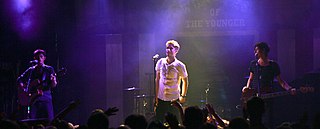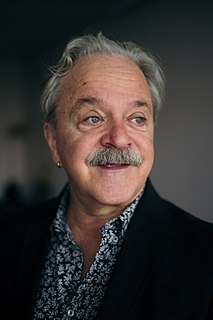A Quote by David Shields
The absence of plot leaves the reader room to think about other things.
Related Quotes
I think minimalism is something I just got attracted to just in general because I like the empty space, if you think about it, like there's a lot of empty space. So there are sounds there, there are chords, like coordinates, to sort of tell you where the emotion is going, but then it leaves so much room for the voice to do other things.
I've done so many other projects where you're in a room with a reader and you're acting your lines out: 'We have to get out of here! Any minute the building will explode!' And then the reader says: "Yes...we have to get... out of here." So it's not easy to be in the moment in that kind of situation. Reading with the entire cast in the room for The Clone Wars makes the experience much more organic and I love that.
I don't revise a lot when writing short stories. As far as the novel, I definitely thought more about plot. Honestly, I'm still pretty confused about what "plot" means. I've been reading some of my Goodreads reviews and one reader noted that the The Last Days of California "reads like a short story stretched to the breaking point, padded and brought into novel range..." I don't know what people want, really.
When you draw in a tight, controlled style, you open yourself up to - in my case, my own - criticism that things aren't quite right. If room is drawn so carefully, when a detail is wrong or missing, it's wrong or missing. The reader's imagination doesn't add the detail in because there are already so many other details. The reader is restricted to seeing the elements that are right there in front of him/her.


































